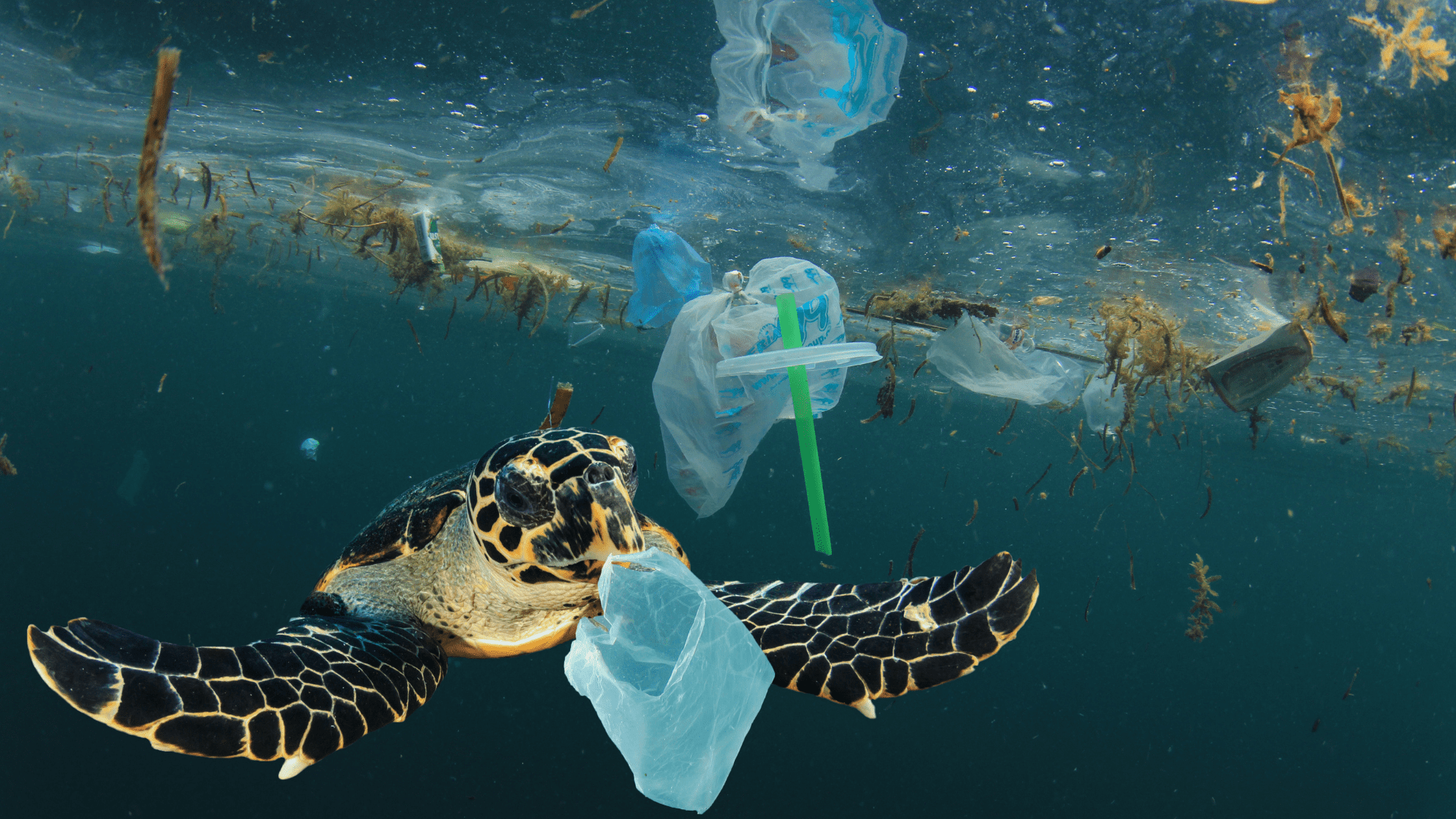
Green Claims Directive: EU takes action against greenwashing
While many companies are making efforts to become more sustainable by changing their business practices, there are unfortunately also some black sheep: companies that present themselves as sustainable in order to gain the associated benefits (e.g. customer trust or investor interest), but in reality do not keep their promises. To curb this, the EU Parliament has approved the Green Claims Directive.
Environmental information is often misleading
In January 2023, DIE ZEIT and The Guardian published an explosive story about the leading provider of CO2 certificates Verra.
According to the story, some of the carbon credits used by companies to offset their greenhouse gas emissions were not actually reducing carbon emissions.
Another study by the European Commission found that more than half of the environmental claims made by companies in the EU were vague or misleading, with a whopping 40% of claims being completely unsubstantiated.
And green labels are also misleading consumers: half of all green labels offer weak or non-existent verification.
The EU’s response: the Green Claims Directive
To combat these practices, the EU Commission published a draft of the Green Claims Directive on March 22, 2023.
Almost exactly one year later, on March 13, 2024, the European Parliament voted in favor of the Green Claims Directive with 467 votes in favor, 65 against and 74 abstentions.
The dossier will be pursued by the new Parliament after the European elections in June.
The directive is part of the Circular Economy Action Plan, which also includes, for example, the recently adopted right to repair.
The objectives of the new regulation:
- Green statements throughout the EU should be reliable, comparable and verifiable;
- Consumers should be protected from greenwashing;
- The directive is intended to contribute to a circular and green EU economy by enabling consumers to make informed purchasing decisions;
- The aim is to create a level playing field with regard to the environmental performance of products.
Which environmental claims are affected by the Green Claims Directive?
The Green Claims Directive deals with statements in the context of
communication that indicate that a product or a company is
- has a positive or no impact on the environment,
- is less harmful to the environment than other products or companies or
- that its effect has improved over time.
Experience has shown that environmental claims such as “green“, “climate-neutral” or “100% CO2-compensated” are often misleading and can easily mislead consumers.
The EU wants to create more transparency with explicit regulations for climate-related claims, especially when it comes to CO2 offsetting projects and methods.
Will “green claims” be banned?
Companies are still encouraged to communicate about their sustainability activities or the sustainability of their products.
Nevertheless, there are restrictions on how and what can be communicated.
For example, it is important for sustainability labels to be based on a certification system, and general environmental claims are prohibited if there is no evidence of performance.
Environmental claims may also not be made for an entire product if they only relate to one aspect.
You can find out which environmental claims companies need to pay particular attention to in the white paper on the Green Claims Directive.
What are the consequences of the Anti-Greenwashing Directive for companies?
The directive now requires companies to provide evidence of their environmental claims, have them independently audited and then communicate them transparently.
Those who do not comply with the directive can expect hefty fines and exclusion from public tenders.
We have explained the specifics of the verification process, the differences to other laws and the possible consequences of non-compliance in detail in our white paper.
What does the directive achieve against greenwashing?
With the introduction of the new set of rules against greenwashing, consumers will once again be able to rely more on information in sustainability reports, on websites and on product packaging.
The growing number of private eco-labels will be restricted if the label is awarded on the basis of unsubstantiated claims.
This way, consumers will no longer have to wade through a jungle of eco-labels.
Restricting greenwashing also means that competition will be fairer.
Companies that really want to make a difference will get more attention and an advantage on the market.
And, of course, our planet will benefit if companies actually drive forward the sustainable transformation.
We support you with your sustainability communication
VERSO supports the EU project to curb greenwashing.
In this context, we also advise you and your company on sustainability communication.
Our sustainability consultants will help you to publish meaningful information while remaining truthful – whether as part of a sustainability report or other internal and external forms of communication.
* This information is summarized editorial content and should not be construed as legal advice. VERSO accepts no liability.
This might also interest you:
Subscribe to our newsletter!
Sign up and receive regular news about:
- Pragmatic all-in-one solution for ESG reporting, climate and supply chain management
- Best practices in the areas of ESG and sustainable supply chains
- Developed with expertise from 12+ years of sustainability management
- Sustainability events and much more.

